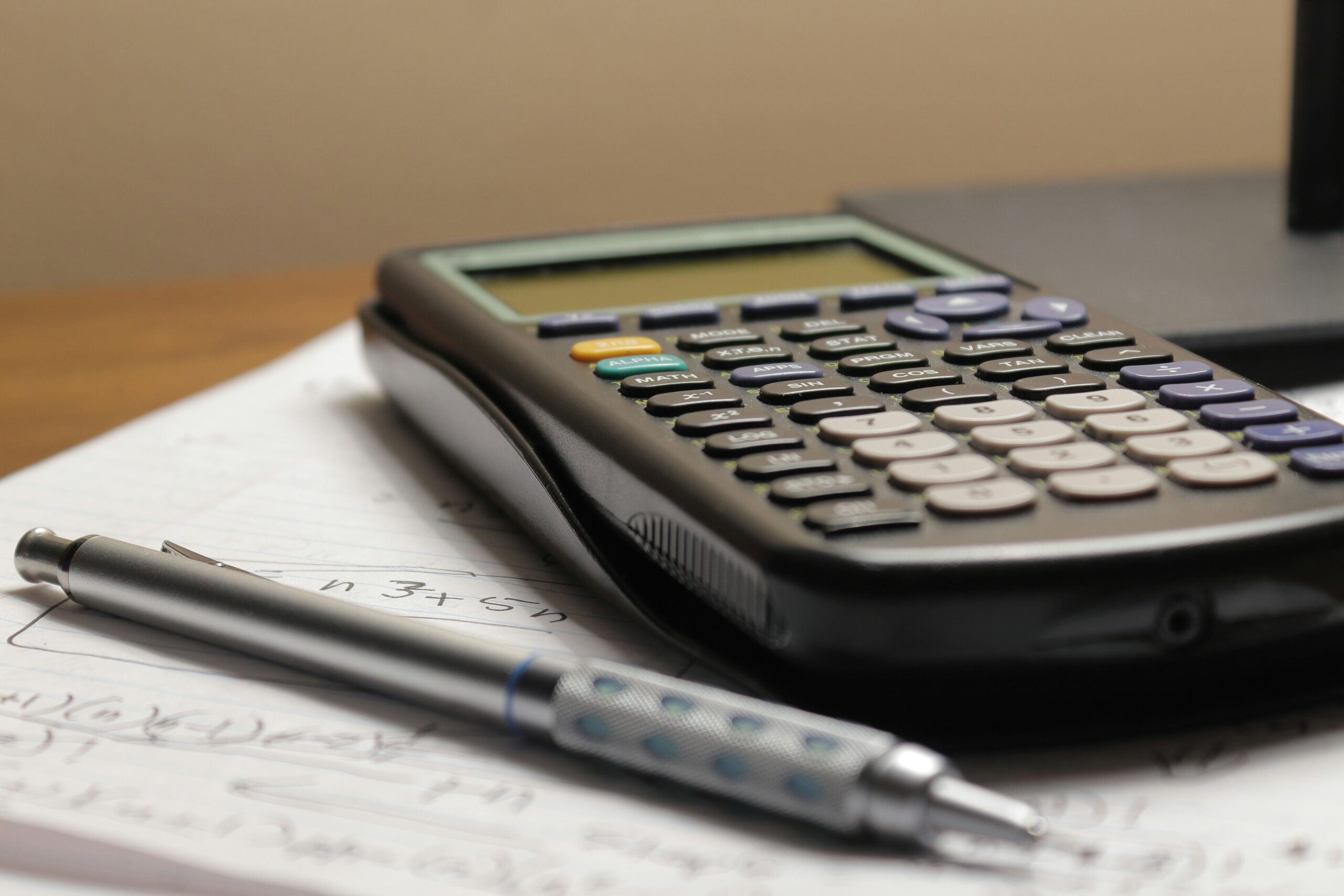Mathematics
How much does a kilo weigh? Why do we have 60 seconds in a minute? How do we measure homogeneity in data? How many ways are there for 9 students and 3 teachers to stand in a line so that no two teachers stand next to each other?
Mathematics is the language of the universe. We study both the algebraic concepts as well as the real-life applications of the subject. Mathematics is a mandatory subject in the EB and there are two pathways that are offered, namely a standard level (4 Periods) and a higher level (6 Periods).
In S5, the focus is on developing the foundation. It is also designed to be aligned with the sciences so that students can be well prepared in both disciplines. In S6 and S7, there is a separate syllabus which explores more into the mathematical topics.
To support the students in maths, every Wednesday there are “Math Cafés”, where an external tutor is available to support the students with their assignments. In addition to that, the school regularly organises math “hygge” evenings which are placed before major tests.
Teaching
In S5, we cover the following topics:
- Foundational Training
- Mathematical Modelling
- Linear and Quadratic Functions
- Exponential and Logarithmic Models
- Data Collection, Statistics and Probability
- Geometry and Trigonometry
- Linear Programming
In S6 and S7, we delve further into the topics from S5:
- Functions
- Differential Calculus
- Integral Calculus
- Complex Numbers
- 3D Vector Space
- Combinatorics
- Series and Sequences
- Probability
- Statistics
- Discrete Distributions
- Continuous Distributions
Exam
The written exam is divided into two parts – with calculator and without calculator. The length of these two parts differs if the student has chosen the standard or advanced level and according to the class level. In S7, both 3p and 5p students will sit a 2-hour test with calculator and a 2 hour-test without calculator.
